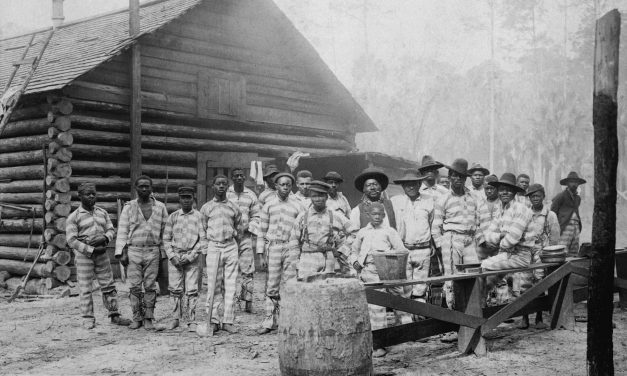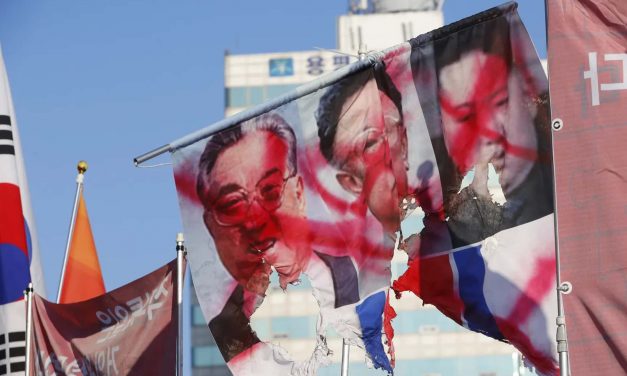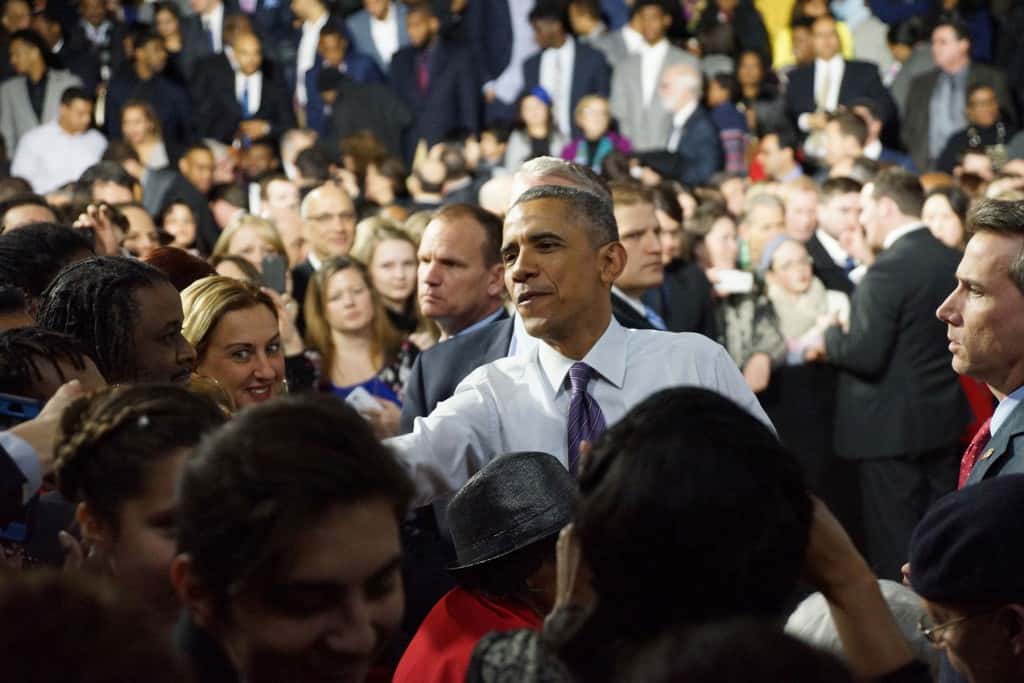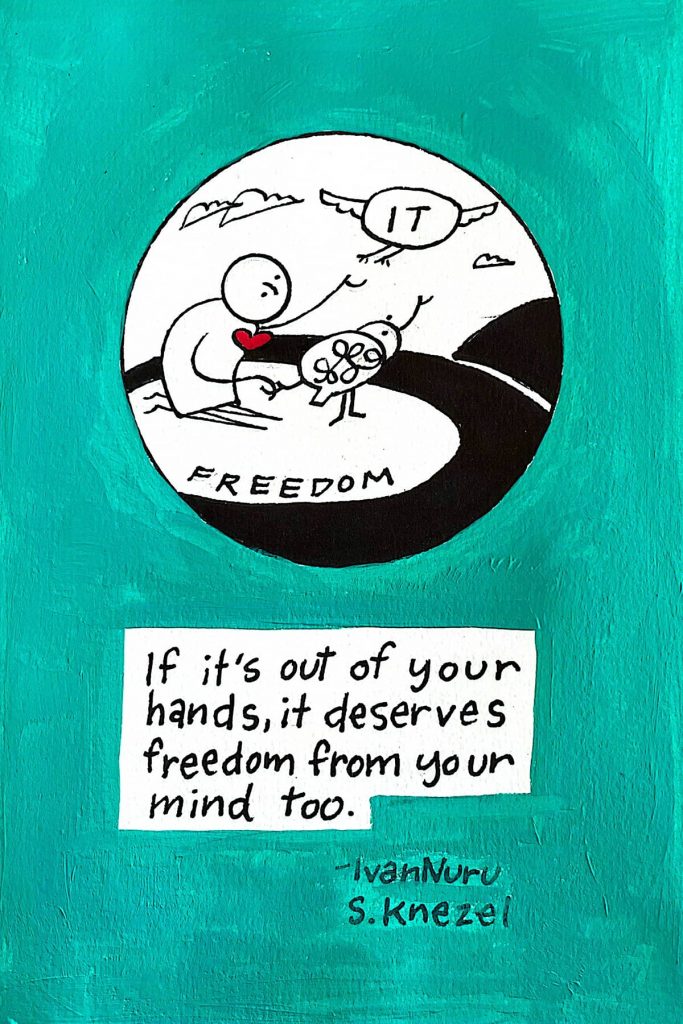Over 27 and Unmarried: How China’s “Leftover Women” are fighting back against the stigma of being single
By Chih-Ling Liu, Lecturer in Marketing, Lancaster University; and Robert Kozinets, Jayne and Hans Hufschmid Chair in Strategic Public Relations and Business Communication, USC Annenberg School for Communication and Journalism In China, if you are female, educated, and unmarried by the age of 27, people might use the particular term “Sheng-nu” to describe your social status. It translates simply as “leftover women”. The label was deliberately invented to curb the rising number of single women in a traditional society which sometimes views not marrying as a moral transgression. Some even consider it a threat to national security. Indeed, portrayals...
Read More














